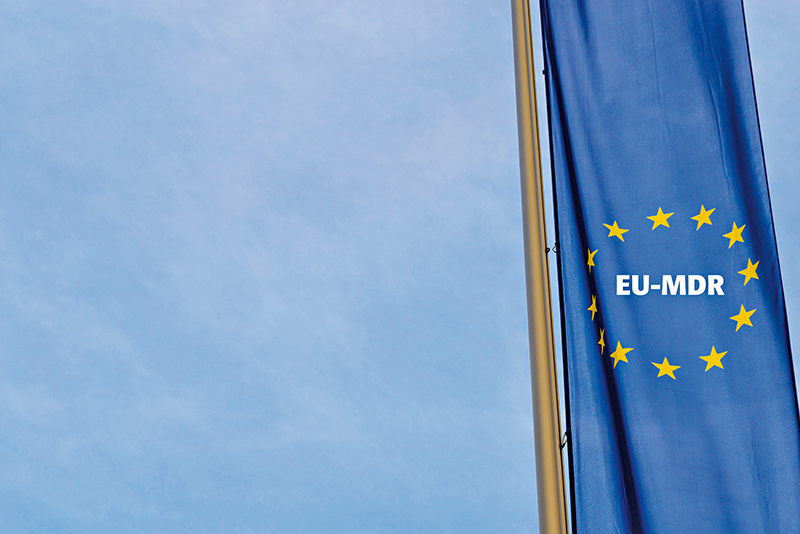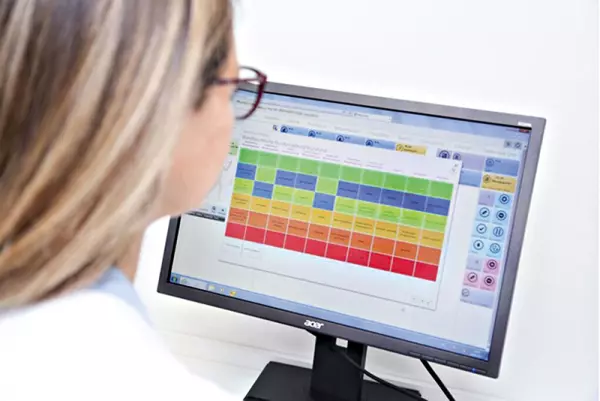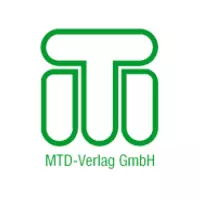
On December 16, 2019, the EU Council submitted a corrigendum to the EU Medical Device Regulation (MDR) to the EU Parliament. On December 17th, the EU Parliament gave the green light automatically, as it did not request a further vote on the corrigendum within a period of 24 hours.
A vote should have taken place if a parliamentary group or 38 MPs had asked for it. Main content of the MDR amendment: Class I products that have been upgraded to classes Ir (reusable surgical instruments), Is (sterile products), Im (metrology products) and medical software would originally have been up until the final start of the MDR requires a new approval / certification with the involvement of a notified body on May 26, 2020. These products have now been given a deadline extension of four years to May 26, 2024. Correct in the matter, but incorrect in implementation, the Center for European Politics of the Regulatory Policy Foundation (Cep) kept to the chosen path. The "correction" of the Medical Devices Regulation by the EU Council is procedurally questionable because the content of the regulation has been changed. A repeal by the European Court of Justice would have even more negative consequences. Rather, what was required was an amending ordinance in the ordinary legislative procedure.
Voices on the corrigendum
There were statements from associations and politics to extend the deadline. MTDialog brings the most important statements from the associations of the German Chamber of Industry and Commerce (DIHK), Spectaris, BVMed, ZVEI, MedicalMountains and the EU MPs Dr. Peter Liese and Dr. Andreas Schwab (both EPP) and Baden-Württemberg's Minister of Economic Affairs, Dr. Nicole Hoffmeister-Kraut. Because of the small number of notified bodies, the extension of the deadline was welcomed by all. After all, there were only eight accredited notified bodies across Europe at the end of the year. The DIHK said that politics had to take care of maintaining the competitiveness and innovative strength of the industry. At the national level, the association called for a medium-sized enterprise-friendly implementation of the national EU Medical Device Adaptation Act. It is now also necessary that there are deadlines within which a certification process must be completed. The DIHK also calls for special regulations for essential niche products, for example for children. Reference was also made to the joint survey with Spectaris of 300 companies with the result that 80 percent expect difficulties in bringing innovative products onto the market because of the MDR. In addition to the deficit of notified bodies, BVMed also pointed out a lack of qualified personnel and a lack of legal acts. The association also fears a growing number of applications for national special approval, e.g. B. for medical devices for rare diseases. A restructuring of the existing procedure for special approvals is therefore necessary. In principle, it is also difficult to obtain clinical data for the certification of existing products because the willingness of clinics to conduct clinical studies for such products is low. Like the DIHK, BVMed also referred to the fundamental problems that companies face with the MDR. Experts would assume that 10 percent of European industry companies are threatened in their existence and around 30 percent of products would have to be withdrawn from the market or were not certified in time. Spectaris reminded that the extension of the deadline did not remove other monitoring and control obligations. The association assumes that the bottleneck at notified bodies will worsen and doubts that the overall system will be sustainable when it comes into force (May 26, 2020). The reasons given include the lack of a European solution regarding the effects of the postponement of the Eudamed database to 2022 and the lack of various guidelines. For the medical technology companies in the electrical association ZVEI, the regulations on class I products are not relevant. Nevertheless, the ZVEI welcomed the corrigendum, as it was also made clear that all medical devices on the market today can continue to be placed on the market after May 26, 2020. There is therefore also final planning security for products in classes IIa, IIb and III, provided they are already on the market in accordance with the EU Medical Device Directive (MDD) and remain without significant changes. This regulation was already part of the MDR. According to ZVEI estimates, bottlenecks in medical products are no longer to be feared. The ZVEI points out, however, that it is difficult to bring new products onto the market because the Notified Bodies have not had any documents for the evaluation of new Class IIa products for months due to the changeover to the MDR









